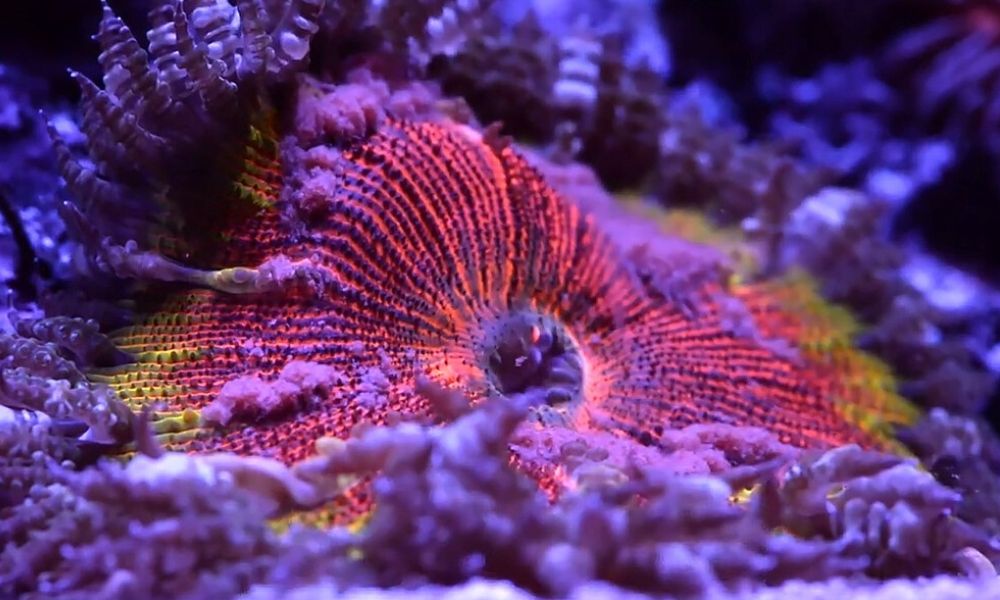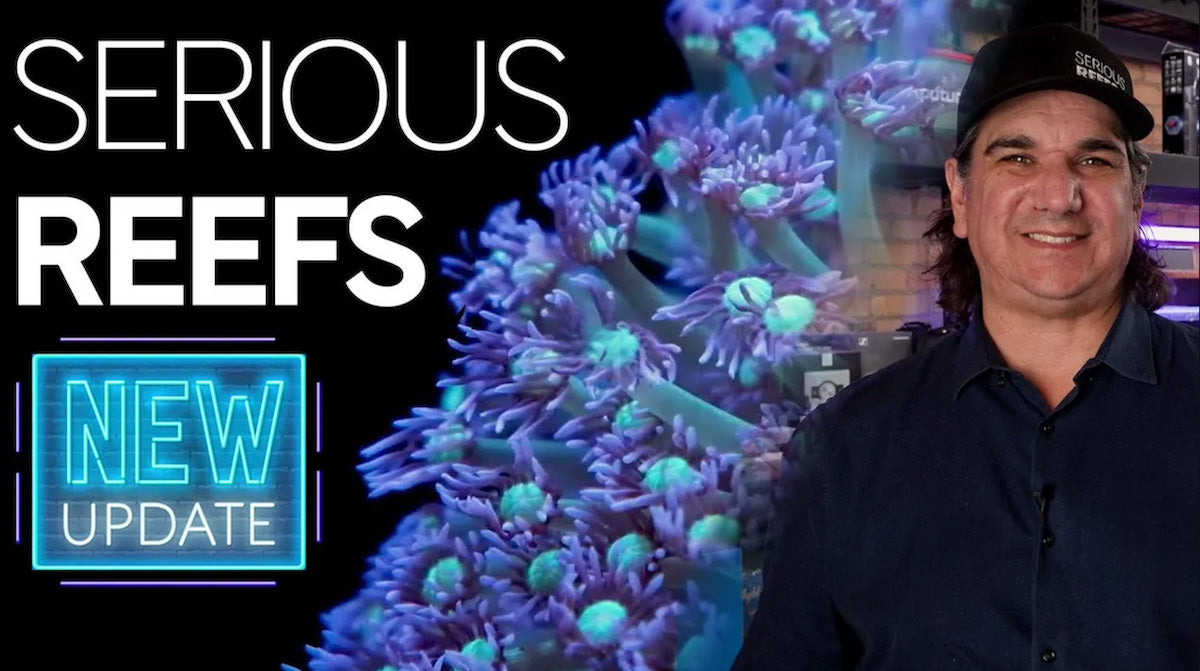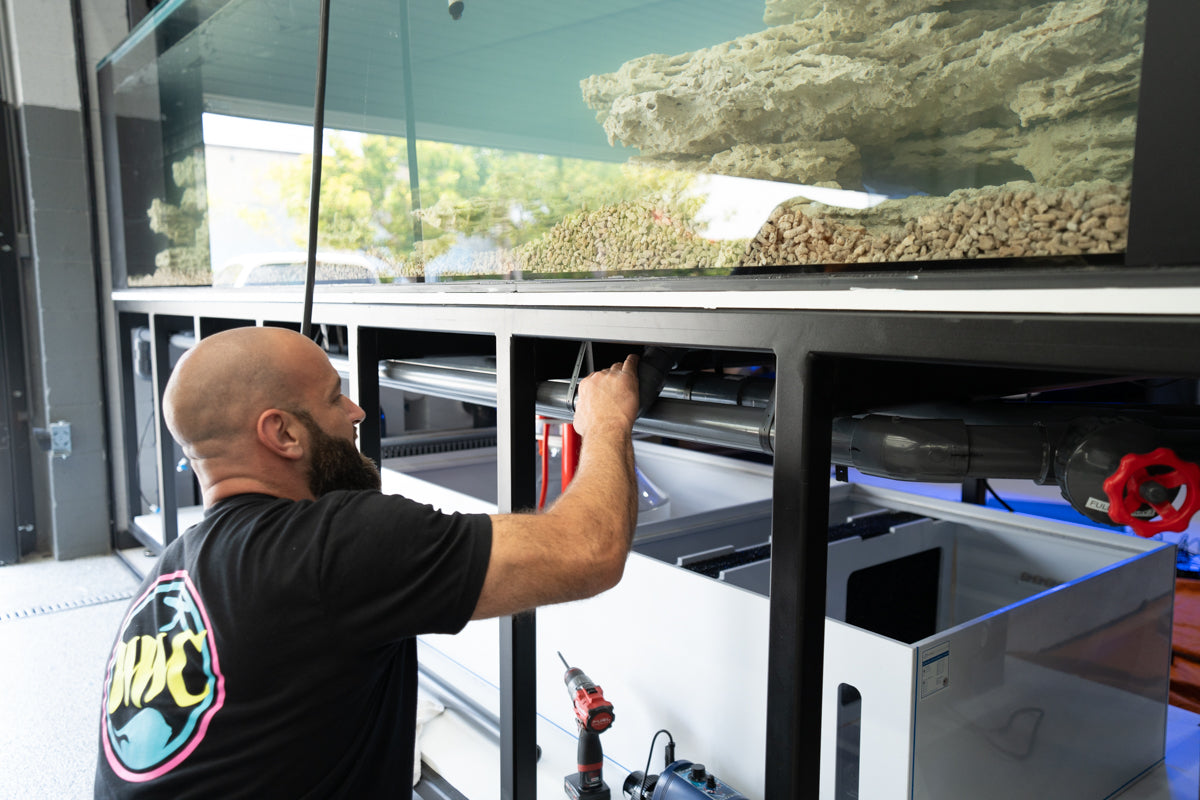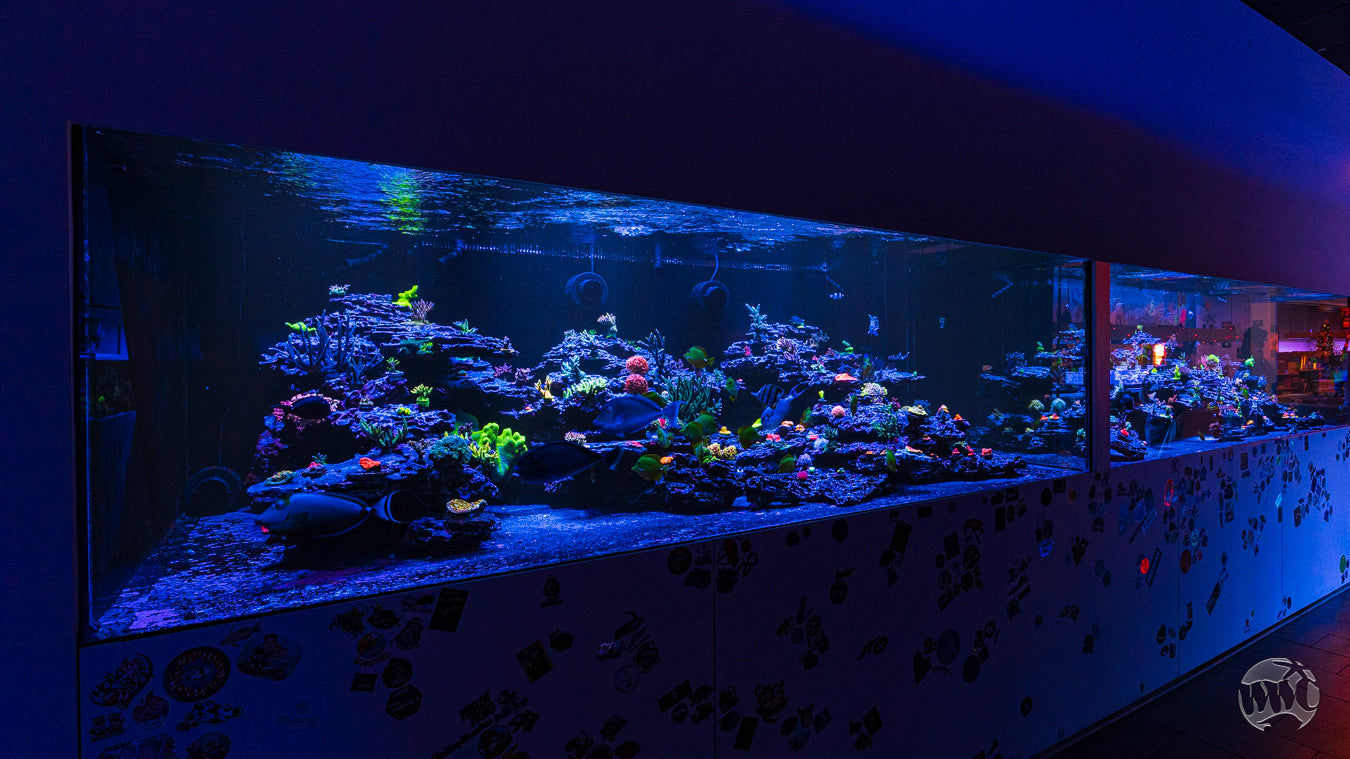
Just like the fish or crustaceans in your saltwater aquarium, you also need to supply your corals with the proper amount of nutrients. The process of feeding these other organisms is straightforward, but doing the same for your corals might seem a bit more difficult. As such, it’s crucial that you take the time to learn how to properly feed corals in a saltwater aquarium to allow them to thrive in your home.
Nutrients from Lighting
Along with providing corals with their vivid colors, the zooxanthellae algae that lives within the corals also provides them with energy from photosynthesis. The amount of energy the corals receive depends on the type and amount of light they’re exposed to in your tank. This is why it’s crucial to supply them with the proper amount of light for their species. The light must also be on the right spectrum to keep them from bleaching or browning out.
Direct Feeding
Many corals receive a good portion of their nutrients from light, but you may also have to feed them by hand if they aren’t getting enough nutrition. For instance, larger polyped coral frags often feed on slightly larger prey such as small fish, plankton, or krill. You may need to experiment with a mixture of these organisms to find out which ones your corals prefer. As you feed them, it’s important that you adjust your tank current to low speed or turn it off completely to allow the corals to feed more easily.
Indirect Feeding
Many saltwater tank owners tend to indirectly feed their corals when they feed their other tank life. Once the fish and invertebrates digest their food, your corals will then use the organic compounds from that process to sustain themselves. Whether it’s small leftover scraps or bacteria, corals will dissolve them and turn them into energy for themselves. For this reason, having more fish—especially larger fish such as tangs—in your reef can be beneficial, if the tank size allows for it.
At World Wide Corals, our mission is not only to provide you with a variety of quality corals for sale, but also to offer our knowledge in caring for them. That’s why, in addition to offering a diverse stock of saltwater corals, we’re also available to answer any questions you have.




